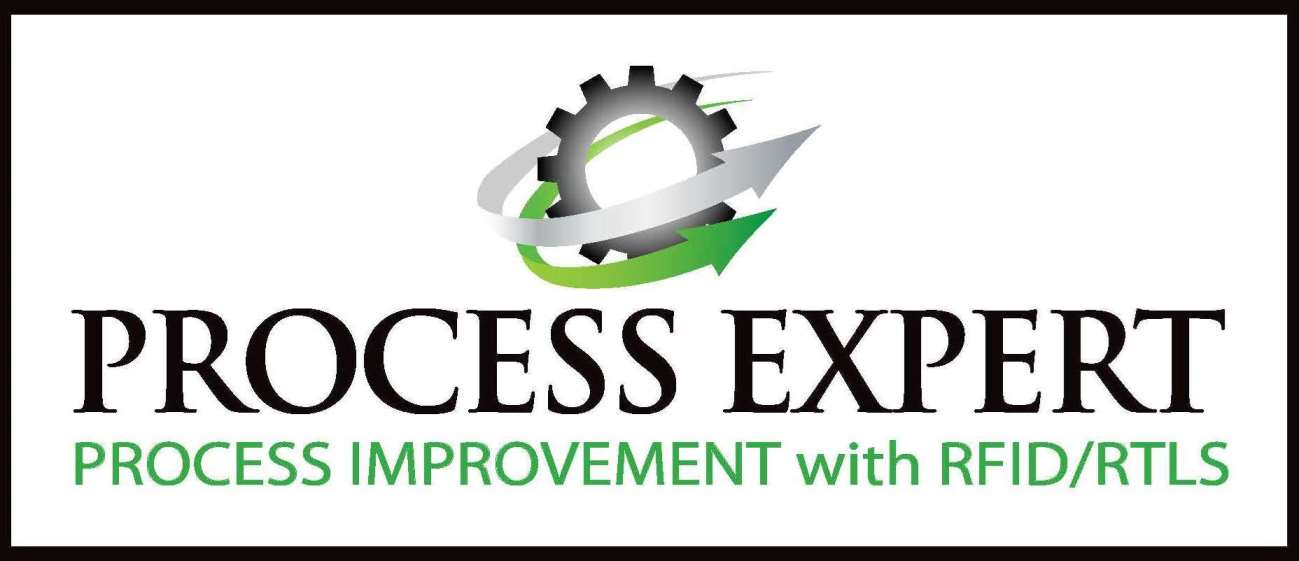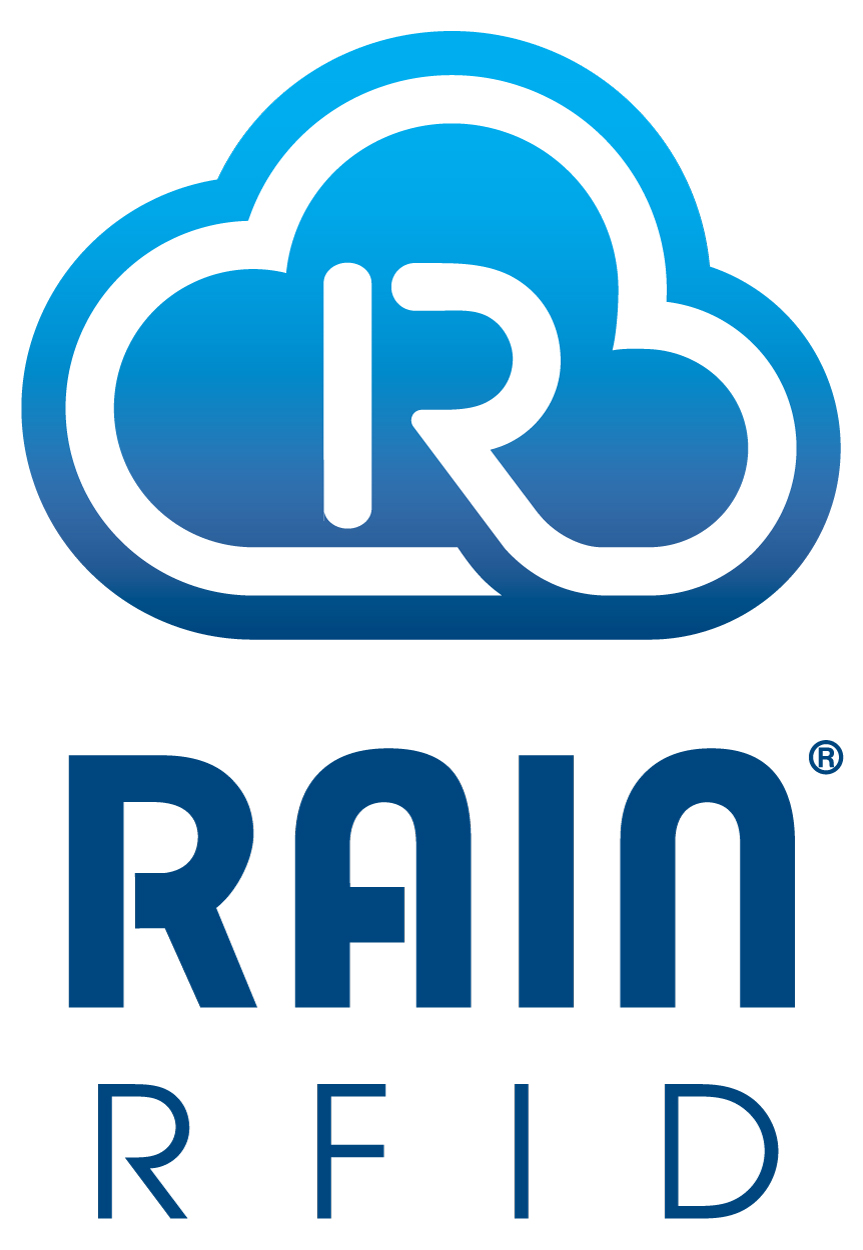Announcing IEEE RFID 2017 Paper and Poster Authors
The authors listed below contributed to create technical paper presentations and/or displaying technical posters at the 2017 IEEE RFID Conference.
Technical Papers
Alice Buffi (University of Pisa, Italy),
An RFID-Based Technique for Train Localization with Passive Tags
Brian Degnan (Georgia Institute of Technlogy, USA),
On the Simon Cipher 4-Block Key Schedule as a Hash
Eleftherios Kampianakis (University of Washington, USA),
A Dual-Band Wireless Power Transfer and Backscatter Communication Approach for Implantable Neuroprosthetic Devices
Florian Galler (Vienna University of Technology, Austria),
Performance Evaluation and Verification of Spread-Spectrum Based UHF RFID Ranging
Francesco Amato (Georgia Institute of Technology, USA),
Beyond the Limits of Classic Backscattering Communications: a Quantum Tunneling RFID Tag
Gianfranco Andia Vera (Primo1D, France),
Slenderly and Conformable Passive UHF RFID Yarn
Gregory Durgin (Georgia Tech, USA),
A Better Channel Code than FM0 for Next-Generation RFID
Joshua Ensworth (University of Washington, USA),
A Low Power 2.4 GHz Superheterodyne Receiver Architecture with External LO for Wirelessly Powered Backscatter Tags and Sensors
Kerem Kapucu (EPFL, Switzerland),
A Fast Active Leakage Cancellation Method for UHF RFID Readers
Marcos Martinez (University of Wisconsin – Madison, USA),
Chipless RFID Temperature Threshold Sensor and Detection Method
Mathieu Le Breton (Université Grenoble Alpes; Géolithe Company, France),
Outdoor meteorological effects on UHF RFID phase shift: experimental simulations
Matthew Reynolds (University of Washington, USA),
A 500C Tolerant Ultra-High Temperature 2.4 GHz 32 Bit Chipless RFID Tag with a Mechanical BPSK Modulator
Matthias Hauser (University of Würzburg, Germany),
A Hidden Markov Model for Distinguishing between RFID-tagged Objects in Adjacent Areas
Menghan Sun (The University of Adelaide, Australia),
A Fully Integrable Hybrid Power Management Unit for Passive UHF RFID
Michael Varner (Georgia Institute of Technology, USA),
Perfect Pulses for Ambient Backscatter Communication
Ming Hao Hung (AUO, Taiwan),
Ultra Low Voltage 1-V RFID Tag Implement in a-IGZO TFT Technology on Plastic
Paula Fraga-Lamas (University of A Coruña, Spain),
RSS Stabilization Techniques for a Real-Time Passive UHF RFID Pipe Monitoring System for Smart Shipyards
Paula Fraga-Lamas (University of A Coruña, Spain),
Reverse Engineering the Communications Protocol of an RFID Public Transportation Card
Pavel Nikitin (Honeywell, USA),
Self-Reconfigurable RFID Reader Antenna
Peter Hillyard (University of Utah, USA),
Focusing Through Walls: An E-shaped Patch Antenna Improves Whole-Home Radio Tomography
Prabakar Parthiban (Auckland University of Technology & Times-7 Research Ltd, New Zealand),
Low-Cost Low-Profile UHF RFID Reader Antenna with Reconfigurable Beams and Polarizations
Qiang Guo (Fudan University, P.R. China),
A Novel Adaptive Leakage Suppression Method for UHF RFID Reader
Qiang Li (Shanghai Quanray Electronics Co., Ltd, P.R. China),
Secure UHF-RFID Tag for Vehicular Traffic Management System
Sai Nithin Reddy Kantareddy (Massachusetts Institute of Technology, USA),
Towards Low-cost Object Tracking: Embedded RFID In Golf Balls Using 3D Printed Masks
Shrenik Vora (Drexel University, USA),
On Implementing an Unconventional Infant Vital Signs Monitor with Passive RFID Tags
Shuai Yang (University of Cambridge, United Kingdom),
RFID System Exploiting Large Metal Objects as Near Field UHF RFID Antennas
Stefan Hinteregger (Graz University of Technology, Austria),
UHF-RFID Backscatter Channel Analysis for Accurate Wideband Ranging
Thomas Ulz (Graz University of Technology, Austria),
SecureConfig: NFC and QR-Code based Hybrid Approach for Smart Sensor Configuration
Veronica Di Cecco (University of Roma Tor Vergata, Italy),
Finger-Augmented RFID System to Restore Peripheral Thermal Feeling
Vladimir Vishnevsky (Russian Academy of Sciences, Russia),
Applying UHF RFID for Vehicle Identification: Protocol and Propagation Simulation
Xiaonan Hui (Cornell University, USA),
Real-Time Code-Division Multi-Tag Localization with Centimeter Accuracy
Yasha Karimi (Stony Brook University, USA),
Design of Backscatter-Based Tag-to-Tag System
Posters
Alexander Hoang (University of Washington, USA),
A Low Power 2.4 GHz Superheterodyne Receiver Architecture with External LO for Wirelessly Powered Backscatter Tags and Sensors
Alice Buffi (University of Pisa, Italy),
SARFID: a versatile localization technique in UHF-RFID systems
Austin Lynch (California Polytechnic State University San Luis Obispo, USA),
Environmental and Commercial Impact of City-Wide Reusable Food Container System
Christopher Valenta (Georgia Tech Research Institute & Electro-optical Systems Laboratory, USA),
Securing the Global Supply Chain with the Container Security Device
Eleftherios Kampianakis (University of Washington, USA),
A Dual-Band Wireless Power Transfer and Backscatter Communication Approach for Implantable Neuroprosthetic Devices
Ernesto Maldonado (Universidade Estadual de Campinas, Brazil),
Development of a mobile payment system using Smartphones with integrated NFC (Near Field Communication) andOpen-Sources Tools: Android, Arduino and APP Inventor
Evan Rose (Valparaiso University, USA),
RFID in the Classroom: Design of a Battery-Free Sensing Platform
Florian Geigl (Detego GmbH),
Using Machine Learning and RFID Localization for Advanced Logistic Applications
Gianfranco Andia Vera (Primo1D, France),
Smart Packaging for the Internet of Things: Passive UHF RFID Yarn
Jordan Trewitt (University of Tulsa, USA),
RF Bar Coding of PE Pipes Using Alternating Conductive Structures
Kohei Yamamoto (Keio University, Japan),
RFID Interrogation Zone Filtering with a Differential Phase Measurement and Posterior Cluster Analysis
Lucas Schamber (Northwest Nazarene University, USA),
Distributed Sensing for Space Applications Using Modulated Backscatter
Marcos Martinez (University of Wisconsin – Madison, USA),
Controllable Resonators for Enhanced Detection of Chipless RFID Sensors
Matthew Reynolds (University of Washington, USA),
A 500C Tolerant Ultra-High Temperature 2.4 GHz 32 Bit Chipless RFID Tag with a Mechanical BPSK Modulator
Matthew Reynolds (University of Washington, USA),
3D Backscatter Imaging with Millimeter Wave Massive MIMO
Megan Garcia (California Polytechnic State University San Luis Obispo (Cal Poly), USA),
Inventory Inaccuracy In Warehouses: A Simulation
Mohammad Alhassoun (Georgia Institute of Technology, USA),
A Retrodirective Feed Network for BackscatterRFID Tags Using a Rat-Race Coupler
Paula Fraga-Lamas (University of A Coruña, Spain),
A Real-Time Pipe Monitoring Cyber-Physical System for the Shipyard of the Future
Qian Yang (Georgia Institute of Technology, USA),
Missing State-Data Recovery in the HIMR RFID Localization and Tracking System
Thang Phu (University of Washington, USA),
An FPGA-based ISO18000-6C/ EPC Gen 2 ASIC Development Testbed with Fiber Optic Tamper Detection and Hardware AES Encryption
Wenhai Zhang (University of Macau, Macao),
UHF RFID Based Gesture Control System for Smart City Transportation
Xiaojie Fu (University of Washington, USA),
Backscatter Sensor Localization Via Synthetic Aperture Radar (SAR) Imaging
Xiaotian Li (Mid Sweden University, Sweden),
Design and Applications for a Large-Area UHF RFID Reader Antenna System
Yinuo Zhao (Beijing Institute of Technology, P.R. China),
Tolling in the Air: An ETC solution for overcrowded public bus transportations in Beijing
Young-Han Kim (Korea Electronics Technology Institute (KETI), Korea),
Implementation of Smart Cold Chain Tag Application Using a Wi-Fi Backscatter Communication System
IEEE RFID 2017 Call for Submissions
The paper submission deadline has passed, but there are more opportunities to showcase your work at the International IEEE RFID 2017 Conference in Phoenix, AZ.
Submission Deadlines
Papers: January 18, 2017
Workshop/Tutorial proposals: January 27, 2017
Mega-Challenge proposals: January 31, 2017
Posters: March 8, 2017
Radio frequency identification (RFID) is an exciting multidisciplinary field with numerous applications. The 2017 IEEE International Conference on RFID is the premier conference for exchanging all technical research in RFID. The conference attendance boasts an outstanding mix of practitioners and researchers from industry and academia. IEEE RFID 2017 is an opportunity to share, discuss, and witness research results in all areas of RFID technologies and their applications.
The 2017 IEEE International Conference on RFID is seeking original, high-impact research submissions on RFID-related topics:
- Papers: significant contributions to research and practice in all aspects of RFID.
- Posters: RFID-related technical work. Presented on the RFIDJournal LIVE! trade floor for the entire duration of the conference!
Papers will be submitted for publication in major journals including IEEE Xplore® (see below).
Those submitting papers and posters receive an invitation to submit to the new Journal on RFID, which debuts in 2017.
Submission Guidelines
Papers are expected to be scientific, high-impact works that will be read and cited worldwide. Posters are preliminary work not yet mature for a full paper. Presenting at IEEE RFID conferences is the preeminent way to get publicity and coverage for high-quality work on RFID, IoT, and wireless sensors research. Papers will be published in the IEEE RFID 2017 conference proceedings and included in IEEE Xplore®. Accepted papers will also be submitted for indexing through EI Compendex, ScienceDirect, Scopus, Web of Knowledge,Thomson ISI, and IET Inspec.
Accepted papers are chosen on these criteria (in order of importance):
- Originality
- Importance of the problem
- Technical merit
- Clarity
- Potential impact of results
Papers are scientific, high-impact works. Accepted and presented papers at IEEE RFID 2017 are read and cited worldwide. Accepted papers will have from 3 to max 6 pages, including references. Authors of accepted papers will present their work in a paper track in a 22-minute time slot. In past RFID conferences, the acceptance ratio for papers was in the range of 20-40%. Authors of papers are encouraged to create a poster and present alongside the RFID industry (see more below). It is not necessary to submit a separate poster abstract. Your paper submission is sufficient.
Posters cover technical RFID-related work, applications, studies, and projects. Poster submissions are judged on relevancy to RFID and clarity. To submit as a poster author (instead of a paper author), submit a poster abstract up to 2 pages maximum, including references; The references should take up less than a half-page. In past RFID conferences, the typical acceptance rate on poster submissions was 80-95%.
Poster presenters get to present their poster on the trade show floor of RFID Journal LIVE! 2017. You will get to interact side-by-side with the RFID industry, engineers, scientists, and academicians interactively for the whole duration of the conference. It is encouraged, although not required, that poster presenters bring their equipment and present an interactive demonstration for conference attendees.
Presenting a poster will give authors a great chance to expose their ideas:
- Presented on the trade show floor, posters are open to exhibitors and attendees of RFID Journal LIVE!
- Best posters will be judged twice: by guests for a popular vote and by technical reviewers for the technical vote.
- Pre-poster display, presenters give a 30-second teaser talk
Workshops/Tutorials. Are you a leading expert in the RFID field? We welcome you to present a tutorial/workshop to the participants of the conference. Please email a short proposal (one-page maximum) to the workshop chair
IEEE RFID 2017 accepts paper and poster submissions formatted in the IEEE conference style. Papers will be reviewed in a double-blind review process and submitted for publishing if accepted and presented at the conference. Submissions must be original and may not be under consideration elsewhere. IEEE RFID will not tolerate scholarly misconduct in any form. Cases of multiple publications and plagiarism will be handled according to IEEE policies and procedures.






